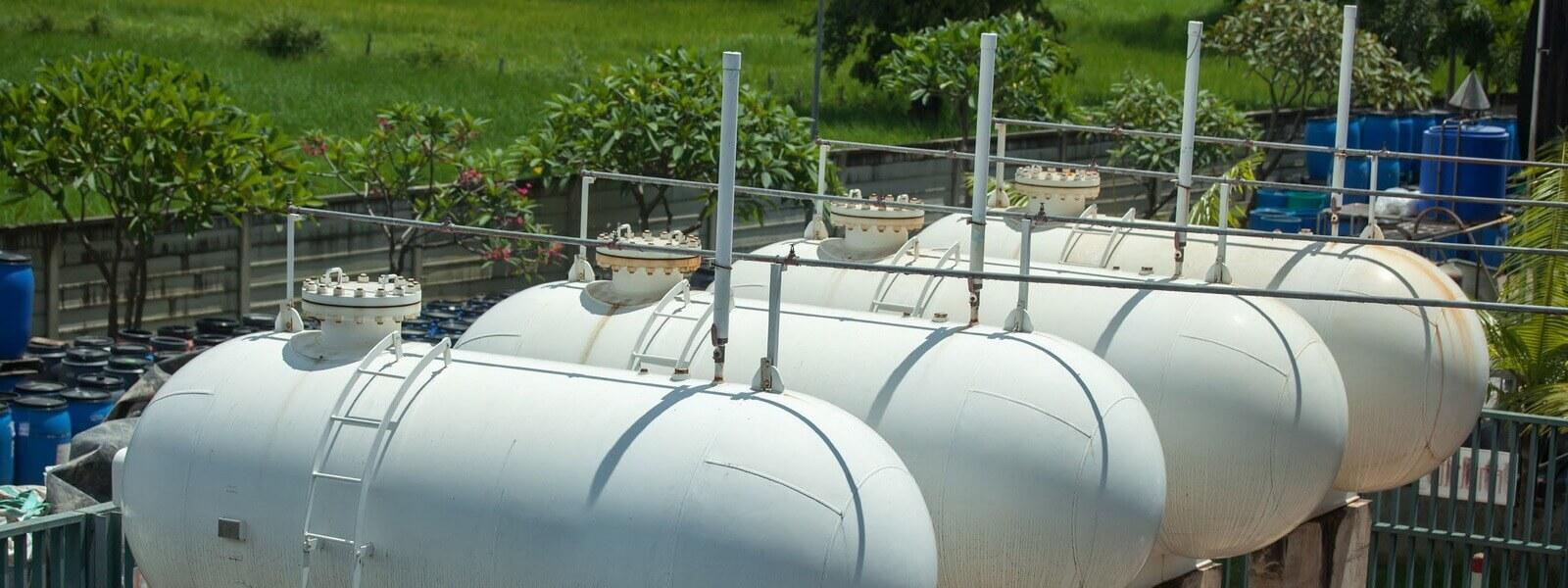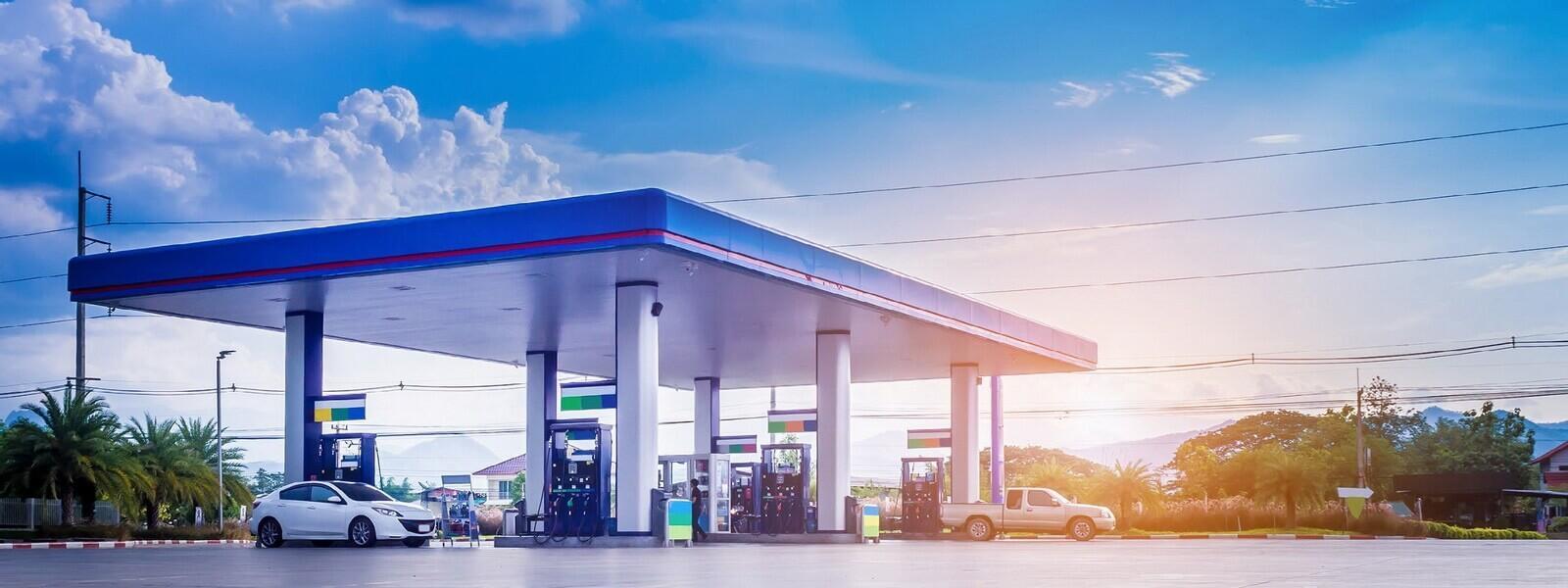The LPG supply chain is flexible and de-centralised and has a plurality of origins.
Reliable access to energy in both the short and long term is fundamental to the well-being of the European economy and European citizens. The European Union has therefore identified the need to maintain and enhance its energy security as a key policy priority. Ensuring that European energy supplies remain consistent with demand can be achieved via three basic means:
- Improving energy efficiency, thereby reducing demand
- Increasing the production and uptake of domestically produced energy resources, including sustainably-produced renewable.
- Enhancing the diversity, flexibility and reliability of energy imports, upon which the EU will inevitably become increasingly reliant.
LPG contributes to all of these objectives, combining inherent efficiency with widespread availability, a flexible transit and distribution model, and robust long-term supply prospects:
A flexible and decentralized distribution network: Rather than relying on a fixed infrastructure which could be vulnerable to supply disruption, LPG can be transported from anywhere to anywhere on earth, using an optimal combination of sea, rail and road. LPG distribution is therefore achieved without relying on pipelines, not only during transit of the product to Europe but all the way along the distribution chain to the end-user. Its presence is of particular importance in rural areas, many of which are not serviced by the natural gas grid.
A plurality of sources: With its dual origins - gas drawn directly from the earth, and refined crude oil - LPG's supply is not contingent on the availability of any one source. Moreover, thanks to the existence of a highly fluid international trading market, Europe's LPG imports are geographically diversified. Indeed, LPG scores nearly twice as high than competing fuels such as petrol and diesel on the OECD's Trade Openness Index[1]. Moreover, European consumption and production levels for LPG remain balanced and global LPG supply prospects for the foreseeable future largely exceed projected demand.
A substitute for natural gas in the event of a supply disruption: Due to its physical similarity to natural gas, LPG is the most appropriate and easily applicable substitute for natural gas. Recent natural gas supply crises have underlined the vulnerability of Europe, its citizens and its industries to supply disruption. With only a minor technical adjustment, LPG can step into the breach, providing a clean and sustainable source of heat and power until such time as normal service resumes. Such a back-up solution is particularly appropriate for industrial installations, for which the modest associated expenses would constitute a sound and responsible investment.
Liquid Gas Europe's Key Messages for Policy-Makers on Energy Supply Security
- A key principle in maintaining energy security is the rational allocation of energy resources so that fuels are used in the application for which they are most appropriate. Given the relatively scarcity of alternatives in the transport sector and Europe's considerable dependence on imported diesel, the use of oil in non-transport sectors should be avoided where possible. LPG could help meet this demand, thereby enhancing overall supply security in Europe.
- Given the inevitability of Europe's increasing reliance on imported fuels, reflection should focus not on whether or not to import energy but rather on which imported resources offer the most secure supply prospects. Seen from this perspective, LPG represents an excellent alternative.
- Fossil fuels are not yet fading vestiges of an irresponsible past, but rather important features of the modern European economy. While the emergence of domestically produced renewable alternative solutions will undoubtedly enhance the EU's energy security, conventional resources such as natural gas and LPG will continue to play an important role in meeting Europe's energy needs over the coming decades.
[1] See NERA Economic Consulting Report










